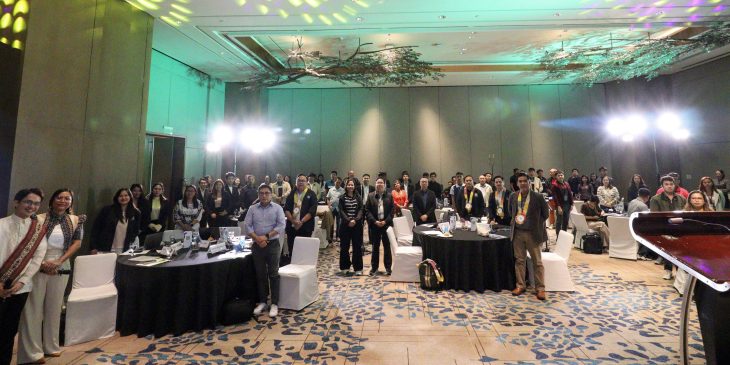Democratizing AI for Every Filipino: SkAI-Pinas 3rd Congress Champions Inclusive Innovation in Philippine AI Space
DAVAO CITY, PH — Imagine a future in which Filipino researchers, government agencies, and even small grassroots communities can easily deploy artificial intelligence to address real-world problems: tracking floods, optimizing deliveries, monitoring crop health, and driving local industries forward. That’s the vision behind the Philippine Sky Artificial Intelligence (SkAI-Pinas) Program—a collective effort to democratize AI so it becomes part of daily decision-making and national progress.
This aspiration took center stage at the SkAI-Pinas 3rd Program-wide Congress in Davao City, capping three years of work to advance AI research, build data-driven insights, and fuel collaboration among academia, government, and tech innovators. Held at Acacia Hotel, Davao City on 27 February 2025, the event highlighted milestones and next steps for the Automated Labeling Machine–Large Scale Initiative (ALaM–LSI) and the ASTI–Automated Labeling Machine (ASTI-ALaM) Project under the broader SkAI-Pinas umbrella.
A Call to Make AI Accessible
In his welcome remarks, DOST-ASTI Director and ASTI-ALaM Project Leader, Dr. Franz A. de Leon, underscored the hurdles many Filipino innovators face—steep data-annotation costs, limited infrastructure, and a shortage of domain-specific training. “When we first imagined leveling the playing field for AI adoption in the Philippines, we pictured a world where Filipino researchers, government agencies, and startups could easily turn their innovative ideas into real-world solutions,” he shared.
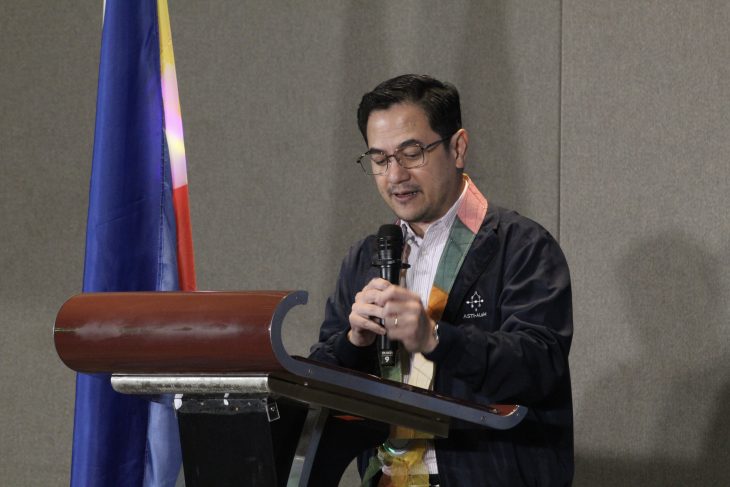
Dr. Franz A. de Leon, DOST-ASTI Director, underscores the steep data-annotation costs, infrastructure gaps, and training needs for Filipino AI innovators in his welcome remarks during the SkAI-Pinas 3rd Program-wide Congress at Acacia Hotel, Davao City.
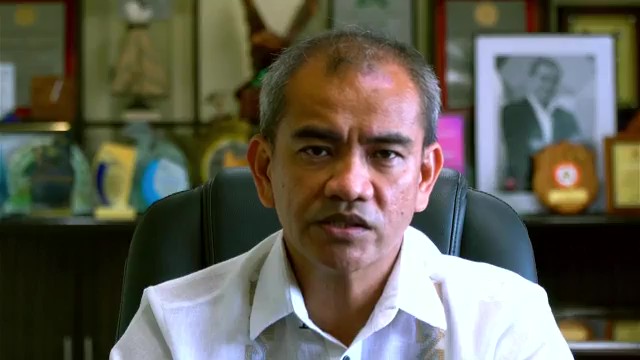
Dr. Enrico C. Paringit, Executive Director of DOST-PCIEERD, emphasizes AI’s potential to bridge the gap between abundant data and real-world solutions, advocating for responsible and impactful AI innovation.
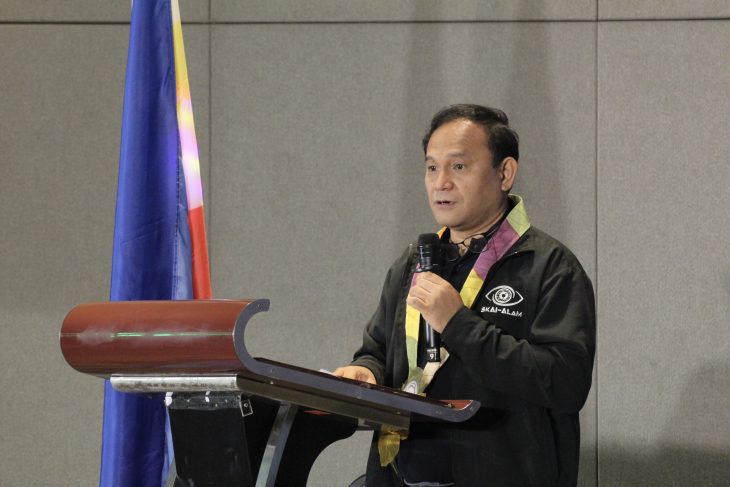
Dr. Jose Ildefonso U. Rubrico, Program Leader of SkAI-Pinas, reflects on the program’s evolution from a pioneering AI initiative to a national flagship, championing democratized AI access and actionable big data insights.
Three years on, SkAI-Pinas has made steady progress, notably through the upcoming DIMER (Democratized Intelligent Model Exchange Repository)—a platform for sharing pre-trained AI models—and through the AI Processing Interface (AIPI), developed by ALaM-LSI to streamline large-scale remote sensing tasks. Over 1 million manually labeled images, 5 million identified objects, and more than 200 trained AI models point to the program’s success in bridging gaps in data sharing, labeling, and inferencing for use cases ranging from disaster management and agriculture to urban planning.
DIMER also took center stage during the Congress as an intuitive “AI model store” designed specifically for Filipino contexts. The model repository lowers technical barriers by letting researchers and planners quickly deploy relevant machine learning models—whether for flood detection, traffic optimization, or remote sensing. By offering pre-trained tools, DIMER connects advanced machine learning research with real-world applications.
Expanding AI’s Role in Science, Policy, and Society
Plenary sessions showcased AI’s expanding impact on national development. Dr. Ariel C. Blanco, Director IV of the Space Information Infrastructure Bureau at the Philippine Space Agency (PhilSA) spoke about harnessing AI-driven geospatial intelligence to improve disaster resilience, environmental protection, and infrastructure planning. He emphasized the benefits of sharing insights with local government units and research groups so they can better act on critical geospatial data.
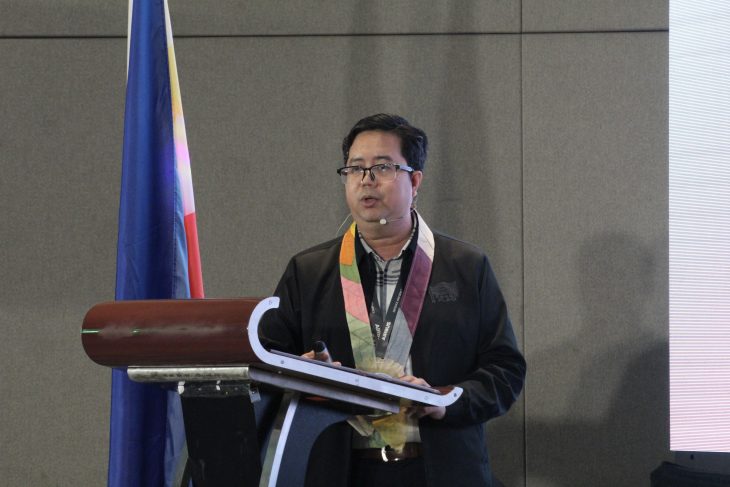
Dr. Ariel Blanco, Director IV of the Space Information Infrastructure Bureau at the Philippine Space Agency (PhilSA), showcases AI-powered geospatial intelligence for disaster resilience, environmental protection, and infrastructure planning.
Meanwhile, Dr. Reinabelle C. Reyes, Director IV of the Space Science Missions Bureau at PhilSA, demonstrated how AI is accelerating astrophysics research by classifying galaxies, detecting exoplanets, and spotting transient cosmic events at speeds unimaginable just a decade ago. She also highlighted the use of generative AI for simulating space phenomena, underscoring the importance of open scientific datasets and collaborative efforts that push the boundaries of exploration.
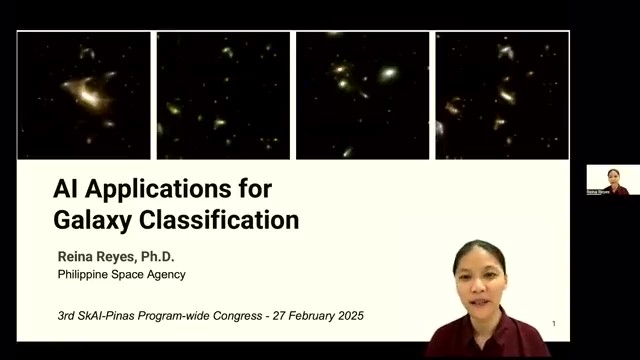
Dr. Reinabelle Reyes, Director IV of the Space Science Missions Bureau at PhilSA, explores AI’s transformative role in astrophysics, from rapid galaxy classification to exoplanet detection.
Dr. Arnulfo P. Azcarraga, Professor at De La Salle University and member of the DOST-PCIEERD AI Board, delved into AI ethics, emphasizing the need for responsible adoption in governance and society. He cautioned against risks like algorithmic bias or data privacy breaches and urged the local AI ecosystem to embed safeguards and transparency into public policies.
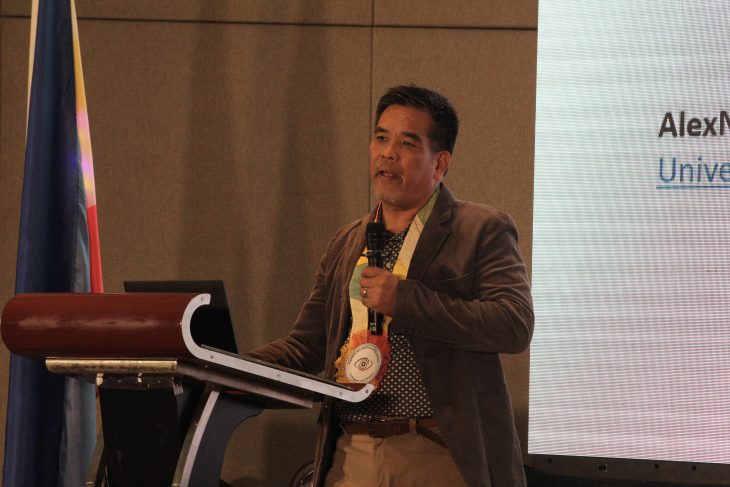
Dr. Arnulfo P. Azcarraga, Professor at De La Salle University and member of the DOST-PCIEERD AI Board, stresses the need for AI ethics, responsible governance, data protection, and policy transparency.
Addressing the need for a stronger AI workforce, Dr. Roel M. Ocampo, Engineering Research and Development for Technology (ERDT) Project Leader and Associate Dean for Research at UP Diliman, advocated for expanded graduate programs, R&D initiatives, and deeper partnerships between universities and industries. As demand for AI specialists grows, stronger institutional support will ensure that new innovations translate into real-world impact.
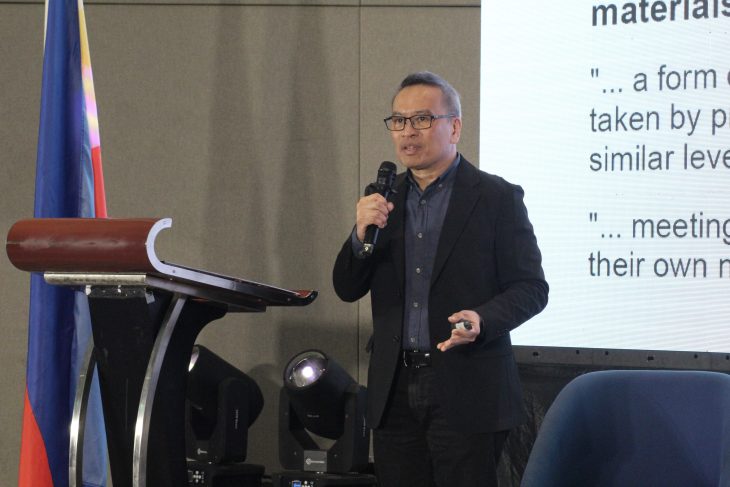
Dr. Roel Ocampo, ERDT Project Leader and Associate Dean for Research at UP Diliman, calls for expanded AI graduate programs and stronger academia-industry collaboration to drive real-world impact.
Charting the Road Ahead
Wrapping up the event, Ms. Joanna G. Syjuco, Chief Science Research Specialist of DOST-ASTI’s Computer Software Division, explained that SkAI-Pinas’ journey is only beginning. She outlined plans to scale DIMER’s library of pre-trained AI models, pointing to it as a user-friendly gateway for Filipinos innovators seeking to apply AI without hefty infrastructure or deep technical know-how.
Ms. Syjuco also stressed the importance of ethical frameworks and ongoing capacity-building: “None of this can be sustained unless AI governance remains transparent and inclusive, and our collaborators—whether from government, academia, or industry—have the training and resources they need.”
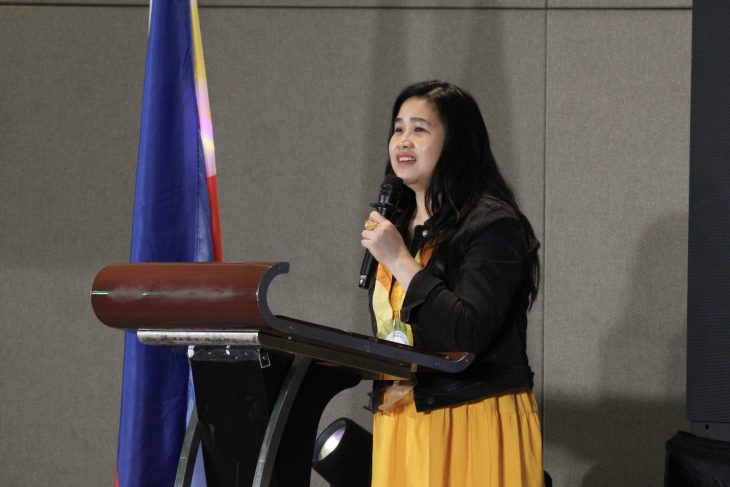
Ms. Joanna G. Syjuco, Chief Science Research Specialist of the Computer Software Division at DOST-ASTI, spotlights SkAI-Pinas’ ongoing journey, advocating for DIMER’s expansion and inclusive AI governance.
Indeed, while ALaM-LSI’s rapid labeling workflows and DIMER’s community-driven model exchange mark a significant leap for Philippine AI, the consensus at the Congress was clear: scaling up will be crucial. Future efforts will center on broader adoption, as well as forging of new AI-powered solutions. Deeper partnerships with local governments, broader data-sharing agreements, and expanded awareness campaigns are on the horizon to ensure that communities nationwide can tap into these tools.
Ultimately, the Congress struck a hopeful note: bridging the AI adoption gap in the Philippines is within reach, thanks to a network of collaborators committed to inclusive and open innovation. By harnessing this collective will, SkAI-Pinas seeks to make AI a daily tool—not a niche resource—and to empower sectors ranging from agriculture to local commerce with cutting-edge, homegrown solutions. By embedding research, collaboration, and ethical governance into its core, SkAI-Pinas is poised to fuel a future where AI is woven into the fabric of national development, ensuring that progress, resiliency, and innovation reach all corners of the archipelago.
